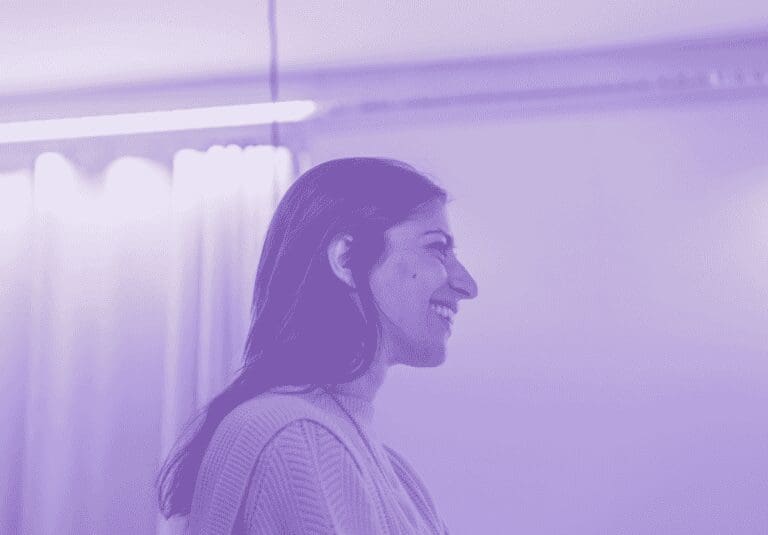If there’s one thing DO School Program Lead Giorgia Trascinelli hates, it’s seeing good food go to waste. So when she decided to scale back her working week to make time for a volunteer project earlier this year, she chose an organisation that fights hunger by tackling food waste in a country close to her heart: South Africa. We spoke with her about what she was doing, and how it’s impacting her work at The DO.
You’ve just completed a two-month project with SA Harvest in Cape Town. Why did you choose that organisation?
I’m very passionate about food, and I’m also very passionate about fighting food waste. When I see someone throw away food, it’s almost like seeing someone kick a puppy. I cannot see that. For personal reasons, I’m also very connected with South Africa. And during past travels there, I realized that the problem isn’t the availability of food. It’s the distribution. I managed to get in touch with the people at SA Harvest through another NGO I was following. They are wonderful people with big hearts who really want to put the needs of communities first.

What did your work with them look like?
I supported them in different ways, mainly in the office, for example working with them on creating pitch presentations for when they go to potential donors or contributing during their strategy meetings. But I also wanted to see the whole process behind their work, so I went to their warehouse to see where the food arrives, where it leaves, how it’s dispatched, etc. And that meant going to townships, which I think is such an incredible experience.
How so?
In Europe, we have no idea about townships. And when we travel to these countries, we’re conditioned to think, ‘oh, it’s just a dangerous place, it’s a no-go zone.’ And it’s really not true. I mean, you need to know what you’re doing and have people who can accompany you. But it was a wonderful experience. I met amazing people. It was great to see the beneficiaries, such as schools or soup kitchens where women who care for the community serve up to 200 meals per day cooking only with food that has been donated.


'it's about respecting the farmers and the food'
Why do you think you’re so passionate about the issue of food waste?
I think it might be an ancestral thing! I grew up in Italy where food is so important. But it’s also a matter of respect for farmers, for the things that are being produced, the time and the resources that go into it. Unfortunately, supermarkets only want the grade A produce, so a lot of food gets chucked away because it doesn’t look perfect. I took pictures to show the difference between the food that makes it to the supermarket and the food that doesn’t. We’re talking about really beautiful food that has exactly the same nutrients, but we as consumers won’t buy it because it’s not so pretty. It’s crazy.
On a practical level, how were you able to make this experience in South Africa possible and balance it with your work at The DO?
First of all, I’m super grateful that The DO made it possible for me to work remotely for two months, because we had to adjust some of our projects that have in-person elements. And the agreement was that for those two months, I would work 80 percent for The DO, and 20 percent for SA Harvest. I really appreciate working for a company that understands that this is not a break from life for me, this is part of my life. And at the same time, it felt like one thing fed into the other. At a basic level, it was all about having impact and helping people.


'sometimes, we just need someone to listen'
What are you taking away from your experience in South Africa, and how is it informing your work?
One example comes to mind. While working with SA Harvest, I was asked if I could do a one-on-one coaching session with a woman who needed support with her business plan. And then just recently I was at LIFT, a program we facilitate with our partners at Phoenix Group, and I had the idea to offer individual coaching sessions as part of a workshop we were doing. Out of 25 people in the workshop, around 16 or 17 signed up. It was amazing. And for me, that was one of the learnings. People sometimes just need someone to listen to them and prompt them. Ultimately, it’s about human connection. And it doesn’t matter if you do it in the business space, with an NGO, or with people in your community. We all need that.
For more on how SA Harvest is rescuing food and impacting communities, go to saharvest.org


